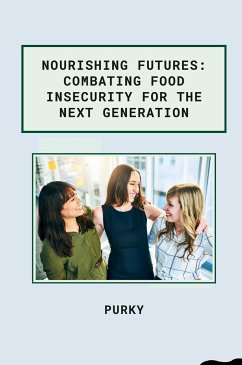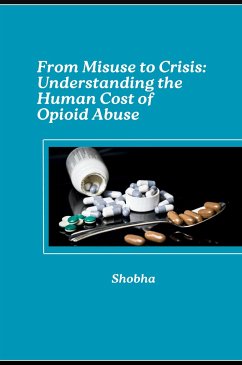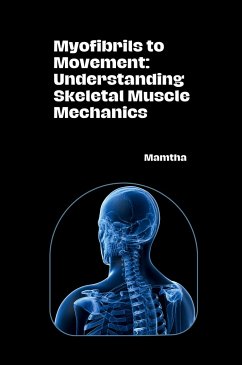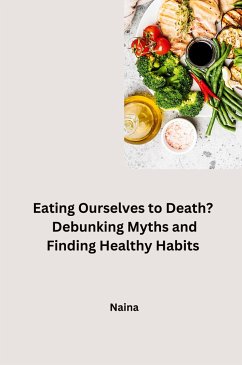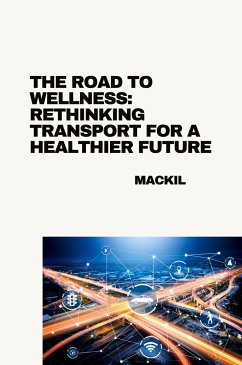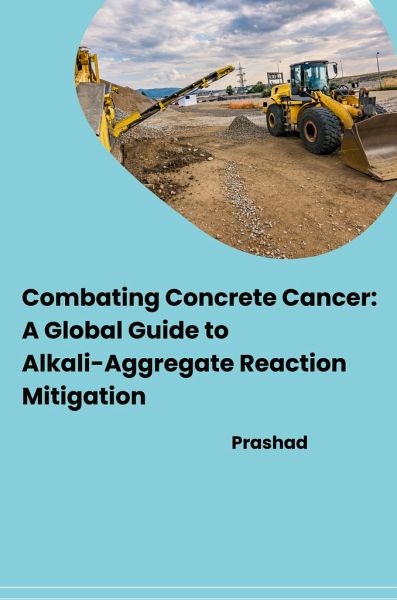
Combating Concrete Cancer: A Global Guide to Alkali-Aggregate Reaction Mitigation
Versandkostenfrei!
Versandfertig in 6-10 Tagen
28,25 €
inkl. MwSt.

PAYBACK Punkte
0 °P sammeln!
Combating Concrete Cancer: A Global Guide to Alkali-Aggregate Reaction Mitigation" uses a compelling metaphor to tackle the serious issue of Alkali-Aggregate Reaction (AAR) in concrete. Similar to "Cracking the Code," this book likely explores international strategies for preventing and managing AAR, but with a stronger emphasis on mitigation techniques. It might delve into the scientific causes of AAR, diagnostic methods for identifying affected concrete, and best practices for repairing or strengthening structures already damaged by AAR. Expect a global perspective on various mitigation appr...
Combating Concrete Cancer: A Global Guide to Alkali-Aggregate Reaction Mitigation" uses a compelling metaphor to tackle the serious issue of Alkali-Aggregate Reaction (AAR) in concrete. Similar to "Cracking the Code," this book likely explores international strategies for preventing and managing AAR, but with a stronger emphasis on mitigation techniques. It might delve into the scientific causes of AAR, diagnostic methods for identifying affected concrete, and best practices for repairing or strengthening structures already damaged by AAR. Expect a global perspective on various mitigation approaches, including replacing reactive materials, using alternative curing methods, or incorporating admixtures to improve concrete resilience.



